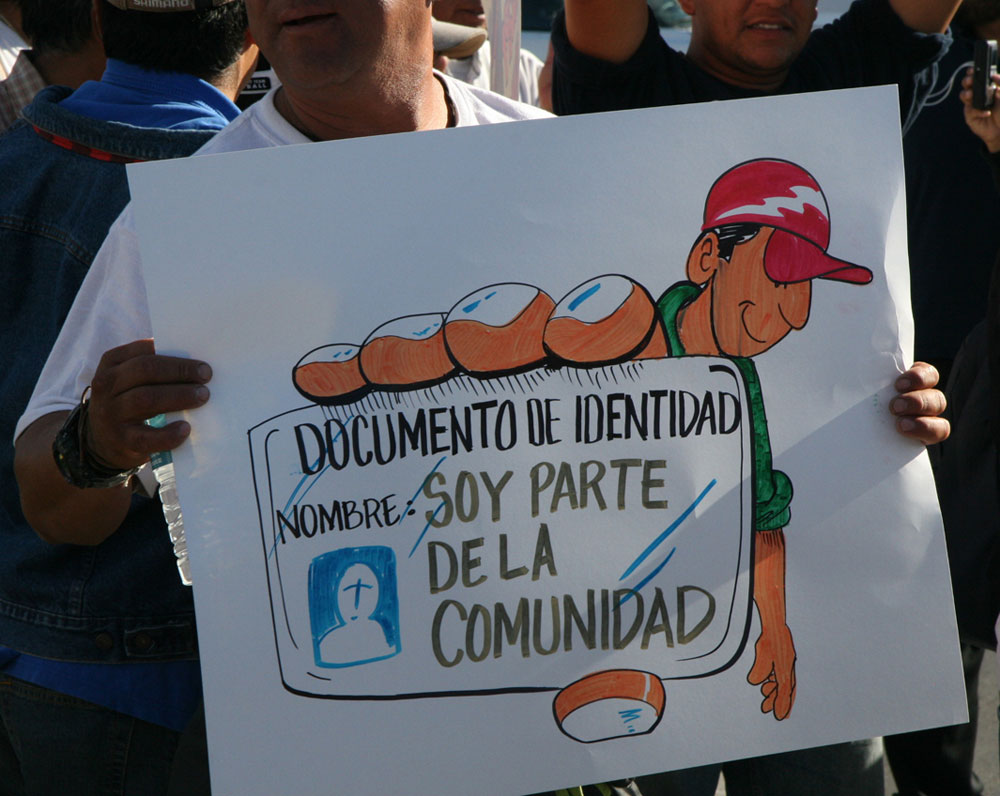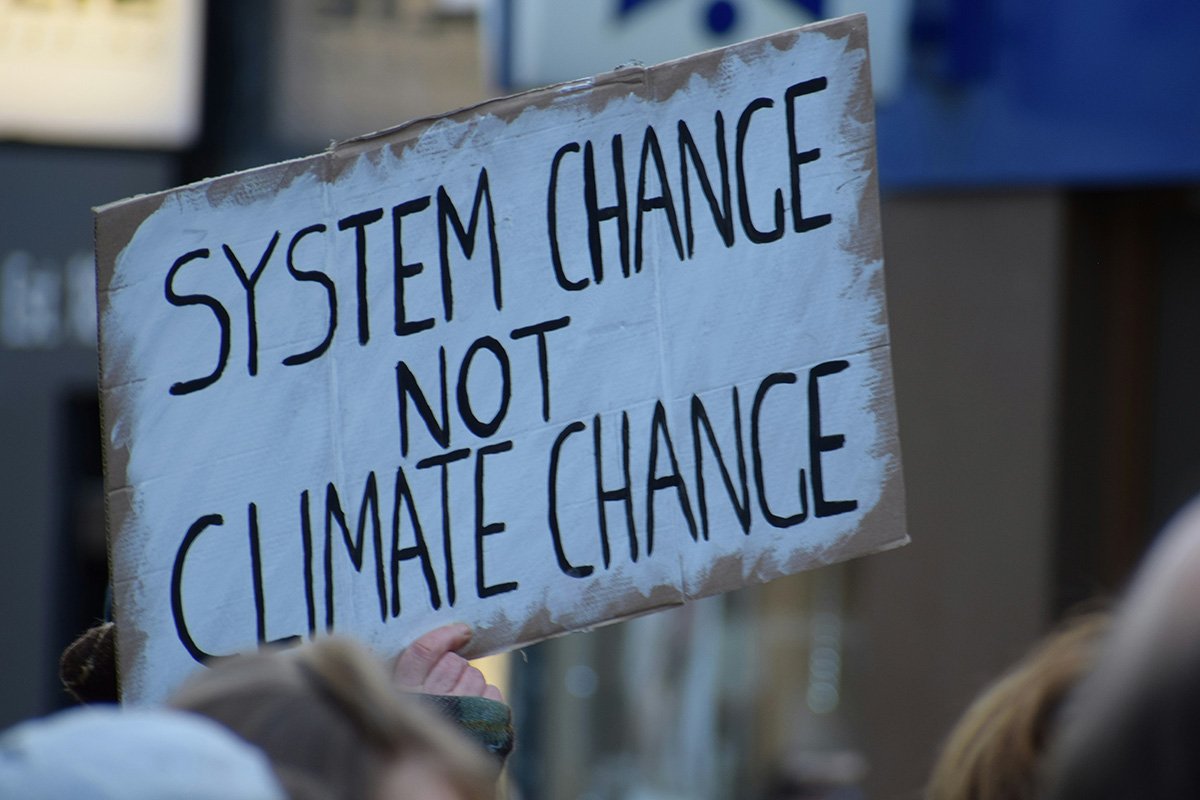
The nation’s 100,000-plus day laborers have been hard hit by COVID-19. Now, day laborers nationwide are coming together and asking philanthropy to step up and help them build organizing and advocacy capacity, both during the pandemic and beyond.
This Wednesday, the National Day Laborer Organizing Network (NDLON) and Hispanics in Philanthropy (HIP)—along with partners in Seattle (Casa Latina), Northern California (Community Action Board of Santa Cruz County), and Los Angeles (Inclusive Action for the City)—will host a briefing that will announce the formation of the Pa’lante! Fund (Forward!) and outline their vision for building power.
The briefing will take place this Wednesday, July 29th from 1 to 2:30 pm Eastern Time (10 to 11:30 am Pacific Time). Registration is available here. If you’re a philanthropist or a staff member of a foundation, we strongly encourage you to attend.
Our times, we know, are marked by multiple crises. Among these are the twin pandemics of anti-Black racism and COVID-19 and the ongoing ecological crisis. In addition, US democracy itself is in danger. But immigrants too are at risk.
Sadly, few would be surprised if philanthropy ignored immigrants. However, the philanthropic resources are there to support Black lives, address the climate emergency, and to back others, including immigrants and Native Americans.
First of all, foundations can pay out more than five percent of their assets in grants—a step that some foundations, but still too few, have done in the current emergency period. Second, recall that baseline support is low. As Candid reported last year, “According to the most recent data, 1.3 percent of all philanthropic dollars granted between 1999 and 2009 in the US were awarded in support of Latinx communities, while those same communities now represent 18 percent of the US population.” Also, as NPQ reported last year, in 2016, as Donald Trump ran for the presidency, the National Committee for Responsive Philanthropy (NCRP) found that total support for immigrant rights groups from the nation’s 1,000 largest foundations was a paltry $124 million, less than one percent of spending by those foundations and roughly 40 cents per capita.
Additionally, it is vital that philanthropy operate to support social justice work for the long haul. To not do so can be costly. As William Cordery wrote in NPQ not long ago, there was a rush for philanthropy to fund Black movements in the wake of Ferguson in 2014, but then, after the election of President Trump, “both formal and informal de-prioritization of funding Black-led movement work across America” followed. Cordery warned philanthropy not to make the same mistake a second time.
Sign up for our free newsletters
Subscribe to NPQ's newsletters to have our top stories delivered directly to your inbox.
By signing up, you agree to our privacy policy and terms of use, and to receive messages from NPQ and our partners.
Today, the need for a multi-year, forward-looking strategy that brings together social movements and philanthropy to support immigrant rights is obvious. Again, recall that in just the past few years, we’ve seen a president elected on a platform to “build a wall,” the decimation of refugee resettlement services, the systemic separation of immigrant parents from their children and the inhumane treatment of both, and the implementation earlier this year of a “public charge” rule change designed to discourage immigrants from getting clinical health services.
Then, there was COVID-19—farmworkers were deemed essential workers, but over half of them were undocumented and therefore excluded from CARES Act cash payments and other federal benefits. Meat packers were also labeled essential, but the largely immigrant workers were forced to labor in unsafe conditions, resulting in many COVID-19 “hot spots” at meat packing facilities.
And then there are the day laborers themselves. As Ligia Guallpa of the nonprofit Worker’s Justice Project in Brooklyn told NPQ in May, for day laborers, the COVID-19 pandemic has not just been a health, but also an “economic epidemic.”
In response, a national network of day laborer worker centers, linked through NDLON, have pivoted. In normal times, these centers often act as quasi-unions, helping laborers obtain living wages for daily jobs, while assuring contractors of work quality.
But amid COVID-19, the focus has shifted from job placements to being food pantries and sources of personal protective equipment (PPE). They have also distributed the limited state and philanthropic funds that have been made available to their members, many of whom are undocumented and ineligible for federal payments. Support work also includes aid with rent payments, eviction-prevention assistance, distributing personal care items (such as diapers), health screenings, and medical referrals.
All told, as the Migration Policy Institute reports, 15.4 million in the US were excluded from the $1,200 per person CARES Act cash payments—a number that includes not just undocumented workers but also their US-citizen spouses and children.
The health impact of COVID-19 on day laborers has been significant, too. A survey authored by Nik Theodore and Agustin Chiarella from the University of Illinois at Chicago finds that 42 of the 50 centers they interviewed had members diagnosed with or showing symptoms of COVID-19. Three in ten centers report COVID-19 fatalities. As for why this is the case, Theodore and Chiarella note that many jobs demand working in close proximity with others, greatly elevating the risk of exposure to the virus.
For the NDLON-affiliated centers, the emergency response work continues, but, at the same time, the nonprofits see the need to build capacity and advocate for the long haul. The organizing coalition notes that, “The crisis of 2020 is young and yet we already have seen day laborers, undocumented immigrants, TPS [temporary protected status] holders, and low-wage workers be the first and hardest hit. Even as we respond to the moment, we are also developing long-term strategies. The Pa’lante Fund is critically needed to ensure both the short-term survival of our community members and the long-term policy changes needed to move our country toward equity and justice.”










